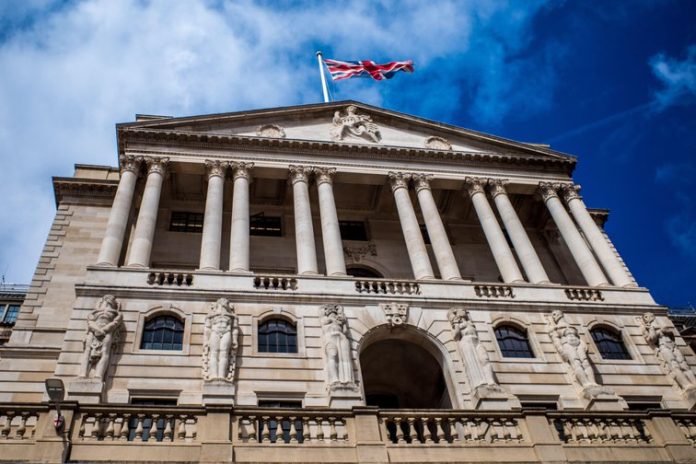Interest rates have risen to a 15 year high as the Bank of England has increased rates from 4.25 to 4.5 per cent
It is the 12th Consecutive rise and will push up loan and mortgage payments for millions.
The Bank of England has an inflation target of 2 per cent but it currently stands at 11.6 per cent and is warning that more increases could be on the way
The Bank says that it expects inflation to fall this year but will not hit its 2 per cent target until the end of 2024
Shadow Chancellor Rachel Reeves tweeted in response
“People will be wracked with anxiety by this news.The PM must admit his responsibility for the Tory mortgage penalty leaving so many worse off.We need a proper windfall tax on oil and gas giants now to ease the cost of living.” Liberal Democrat Treasury spokesperson Sarah Olney MP said:
“This is a hammer blow to struggling families who simply can’t balance the books with these endless price rises.
“With mortgages and inflation remaining at sky high levels, Jeremy Hunt is frankly failing at his job. He was set one main goal, which was to bring down prices, yet today confirms he is nowhere near achieving that.
“The deadly rise in food prices is to blame for this cost of living crisis yet the Chancellor refuses to act.
“If Jeremy Hunt doesn’t meet his self-imposed inflation target and bring down food bills soon then he must go.
Families and pensioners just want an end to the cost of living crisis, yet Jeremy Hunt looks the like yet another Chancellor who isn’t up to the task.”
However Trevor Williams, Chair of the Institute of Economic Affairs’ Shadow Monetary Policy Committee and former chief economist at Lloyds Bank, said:
“The Bank of England helped create the inflation problem, then said there wasn’t a problem, then called it ‘temporary’, and now runs a significant risk of overcorrecting.
“Just as the Bank of England failed to identify inflationary pressures at the tail end of the COVID-19 pandemic, they may be once again focusing too much on present inflation rather than long run trends. The sharp reduction in the money supply points towards inflation coming down quickly over the coming two years. The UK’s sluggish economic growth, easing supply chain pressures and a series of recent bank failures also point against the need for further rate rises.
“Inflation could still dip to around 1 per cent over the next two to three years and even after adjusting for the Bank’s revised forecast suggesting stronger growth, it is expected to undershoot the 2 per cent target. This trajectory indicates interest rates need not go up any further.”
More follows







